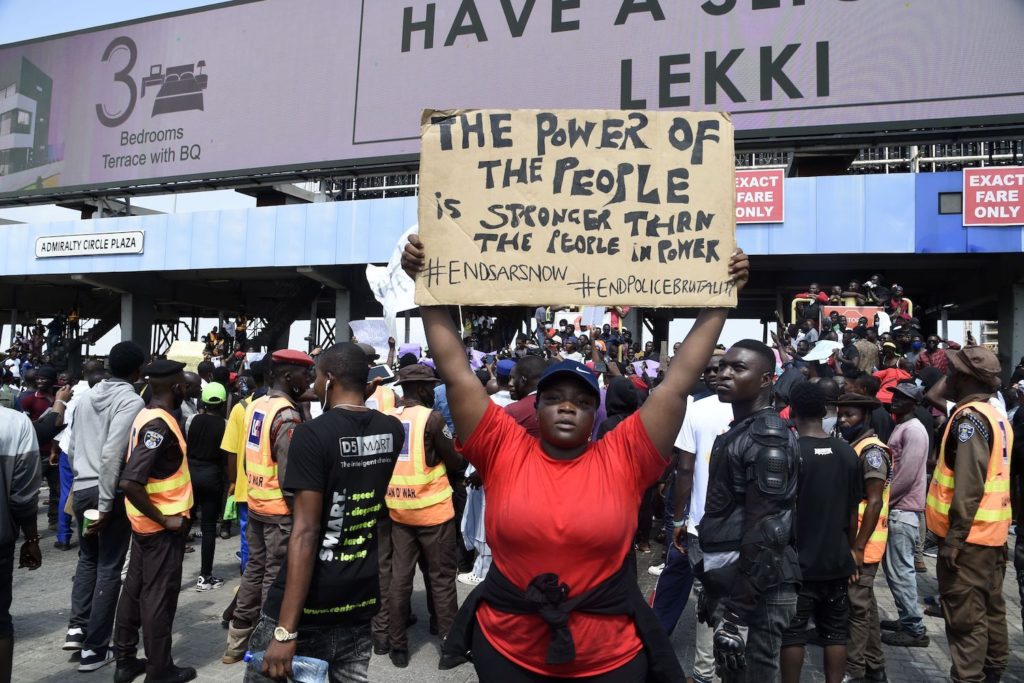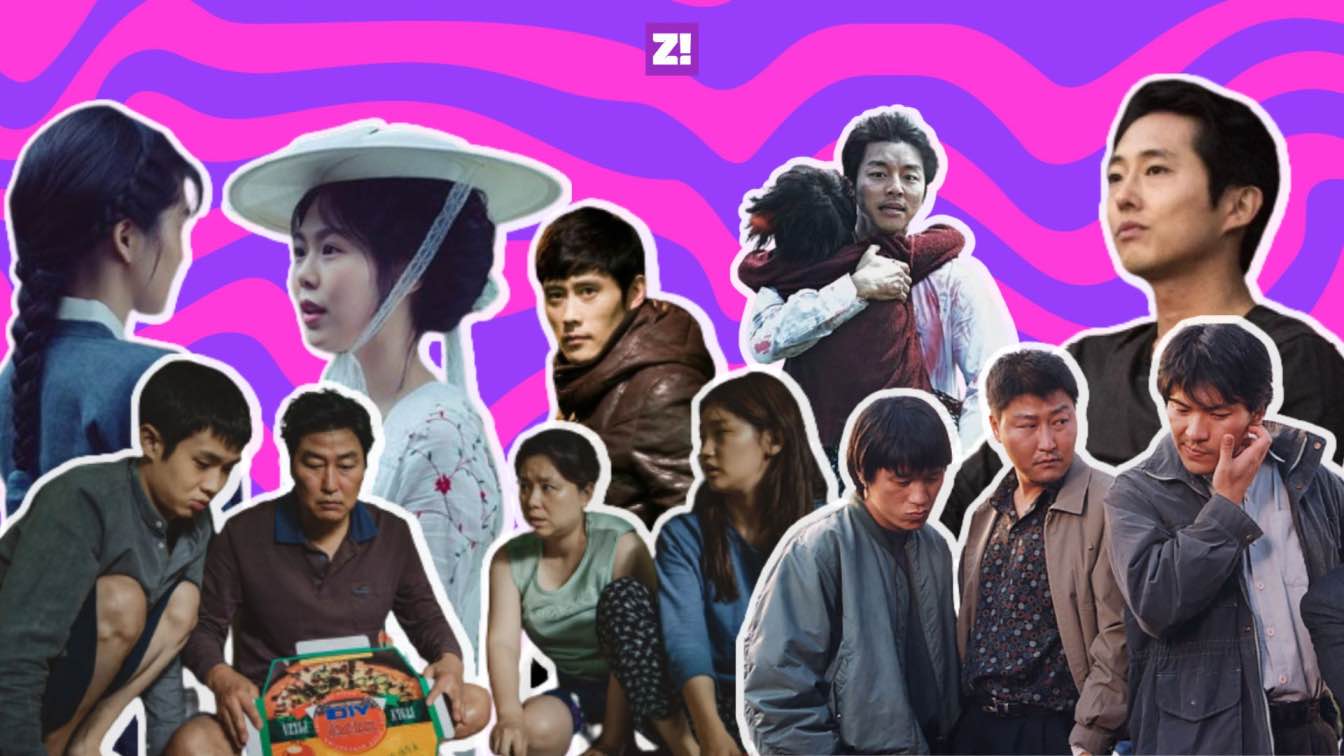
More than a year after the Lekki Toll Gate massacre, the Lagos State Judicial Panel on #EndSARS has submitted a report confirming that the Nigerian Army and Police Force were both responsible for the killing of protesters on the night of October 20th, 2020.
The panel was inaugurated on October 19th, 2020, to quell the ongoing protests by investigating cases of human rights abuses by the Nigerian Police Force, the panel’s role eventually expanded following the night of the massacre.
“The Nigerian Army was invited for intervention in the State and was deployed to Lekki Toll Gate on the 20th of October 2020. At the Lekki Toll Gate, officers of the Nigerian Army shot, injured, and killed unarmed helpless and defenseless protesters, without provocation or justification, while they were waving the Nigerian Flag and singing the National Anthem and the manner of assault and killing could in context be described as a massacre,” the report read.
Here’s everything we know about the report:
The Nigerian Army Fired Live Bullets
After months of going through evidence and listening to eye-witness accounts, the panel concluded that the Nigerian Army actually fired live rounds at the tollgate, killing multiple Nigerians.
The panel stated that it had recovered two bullet shells from the scene on October 30th, 2020, when it went for a spot assessment. The shells were duly analyzed by forensic experts who determined that they belonged to the Nigerian Army.
Doctors Testified To Multiple Injured People And Over 96 Recorded Deaths
Presenting its findings, the panel cited the testimonies of three doctors who attended to protesters on that night. In their testimonies, the doctors confirmed that many protesters were critically injured, with over 96 gunshot-related deaths recorded from that night alone (some of the bodies are yet to be identified).
The Nigerian Police Also Shot At Protesters
The panel’s report also points at another round of shootings from that night, this time by the Nigerian Police Force. According to the report, after the Nigerian Army left the toll gate, officers of the Police Force showed up and shot directly at the remaining protesters who tried to flee the scene. Bodies were reportedly discovered in the shanties and the Lagoon at the Lekki Phase 1 Foreshore, close to the Lekki Toll Gate.
The Nigerian Army Blocked Ambulances From Attending To Victims
Confirming reports made by medics and protesters from that night, the panel found that the Nigerian Army made the situation worse by refusing to allow ambulances to render medical assistance to victims who required it. This eventually led to more deaths that could have easily been prevented if medical aid had been administered at the appropriate time.
Lekki Concession Company (LCC) Tried To Stall The Investigation
The report also provided more information on the LCC’s role during and after the shootings. According to the panel, the LCC failed to cooperate with the investigation, refusing to hand over vital evidence in its possession.
The LCC is also reported to have manipulated the CCTV footage it presented before the panel.
A Clean-up Attempt
Finally, the report also revealed that several government agencies attempted to cover up the incident of October 20th. According to several eyewitness accounts, the Nigerian Army and the Lagos State Environmental Health Monitoring Unit (LASHEMU) allegedly showed up with vans to cart away the bodies of dead protesters. The Lagos Waste Management Authority (LAWMA) was also reported to have arrived at the scene for a quick clean-up immediately after the shootings. Similarly, officers of the Nigerian Army and Police Force were reported to have picked up empty shells from the bullets they used, in a bid to cover up their parts in the shootings.
Next Steps….
As part of its report, the panel recommended that the Lekki Toll Plaza be made a memorial site for the protesters who died, renaming it the “ENDSARS TOLLGATE”. Other recommendations included making October 20th of every year a toll-free remembrance day – hinting at plans to reopen the toll gate, a public apology by both the State and Federal Governments, compensation to victims from that night, the establishment of a standing committee to bridge the gap between the society and the police, and the institution of a Human Rights Committee or Tribunal made up of relevant stakeholders.
Receiving the report, Governor Babajide Sanwo-Olu promised to set up a 4-man committee led by the Honorable Attorney-General to prepare a White Paper for the purpose of implementing the findings and recommendations expressed in the report. He also promised to send the report to the National Economic Council (NEC) for implementation.




